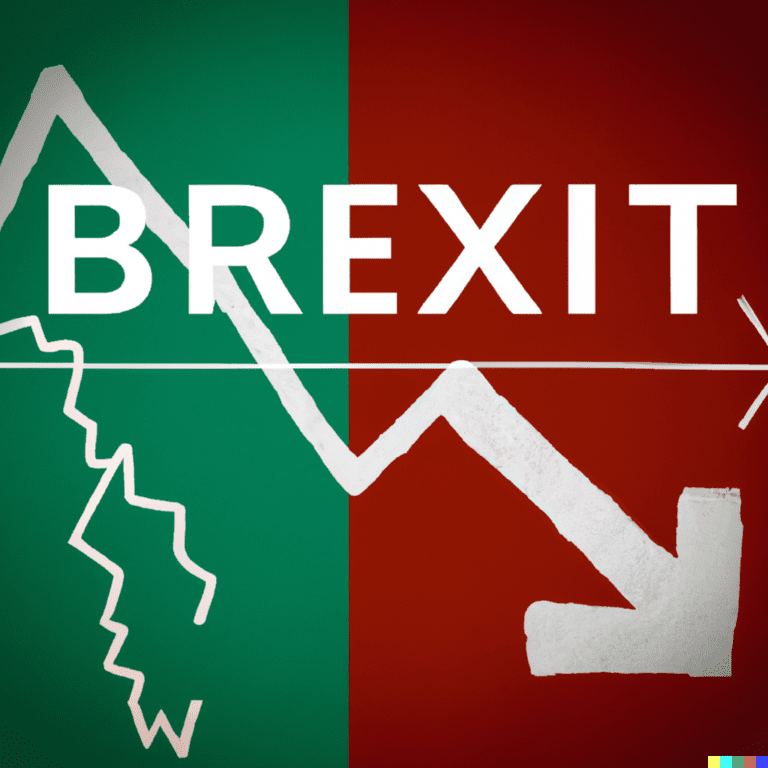What is A Financial Economic Calendar?
The financial market is a complex web of interactions driven by numbers and charts and a torrent of global economic events. For traders and investors, navigating this requires tools that can provide a glimpse into the economic horizon – the Financial Economic Calendar.
Unveiling the Financial Economic Calendar
A Financial Economic Calendar is a schedule of economic events and data releases around the globe. It serves as a guide to investors, providing insights into potentially market-moving events. These events range from employment figures, interest rate decisions, to Gross Domestic Product (GDP) figures, among others. The calendar displays the event, the previous data, forecasts, and the actual data once it’s released.
Impact of Major Economic Events
Employment Data:
-
- Example: US Non-Farm Payrolls (NFP)
- Impact: Employment data like the NFP can cause significant market swings. A higher-than-expected NFP figure, indicating job growth, can boost stock market indices and strengthen the US dollar as it signals a robust economy.
- Real-life Instance: In March 2021, the NFP report showed a surge in job growth, which led to a rally in the US stock markets.
Interest Rate Decisions:
-
- Example: European Central Bank (ECB) Interest Rate Decision
- Impact: Interest rate decisions can influence currency valuations. An interest rate hike can attract foreign capital inflows, appreciating the currency, while a cut could have the opposite effect.
- Real-life Instance: In March 2016, the ECB cut its main interest rate to 0%, which led to a sharp decline in the Euro.
Inflation Data:
-
- Example: Consumer Price Index (CPI)
- Impact: Higher inflation can lead to expectations of interest rate hikes, potentially boosting the currency value, while lower inflation might signal economic sluggishness, affecting stock and forex markets negatively.
- Real-life Instance: In October 2020, a lower-than-expected CPI in the Eurozone led to a dip in Euro valuations.
GDP Figures:
-
- Example: China’s Quarterly GDP
- Impact: GDP figures are a broad measure of economic activity. Positive GDP figures can boost market sentiment, while negative figures can dampen it.
- Real-life Instance: In April 2020, China reported a 6.8% contraction in GDP for Q1 2020, causing a ripple of concern across global markets.
How do I use this information for my trading activity?
- Anticipation: Traders can anticipate market reactions by analyzing the forecasted data of significant economic events. For instance, an expected interest rate hike might prompt traders to buy into a currency before the official announcement.
- Real-time Reaction: As the actual data of economic events is released, traders can compare it with forecasted figures to gauge market sentiment. Deviations from forecasts often trigger market volatility, providing trading opportunities.
- Historical Analysis: Traders can identify patterns and trends by studying how markets reacted to past economic events. This historical perspective can be invaluable in predicting future market reactions to similar events.
- Risk Management: Knowing the schedule of high-impact economic events helps traders manage risk by adjusting their positions to accommodate potential market volatility.
- Sector-Specific Strategies: Certain economic indicators have a pronounced impact on specific sectors. For example, employment data might significantly affect retail stocks. Traders can tailor their strategies accordingly, optimizing their exposure to market opportunities.
- Global Perspective: The calendar offers a global view of economic events, enabling traders to understand the interplay of international markets. For instance, how a policy decision by the European Central Bank might affect Asian or American markets.
By integrating the insights from the Financial Economic Calendar into their trading approach, traders can enhance their decision-making process, align their trading strategies with macroeconomic trends, and navigate the markets with a data-driven compass guiding their way.







